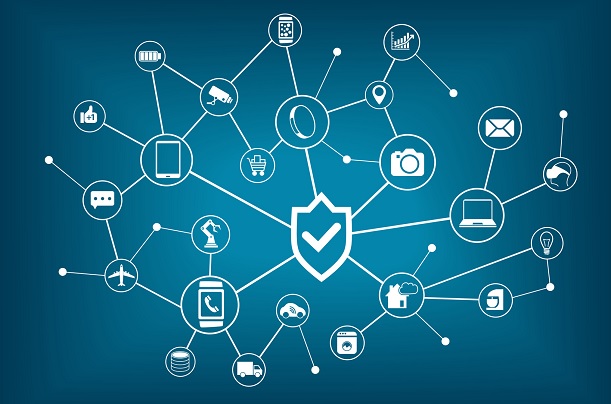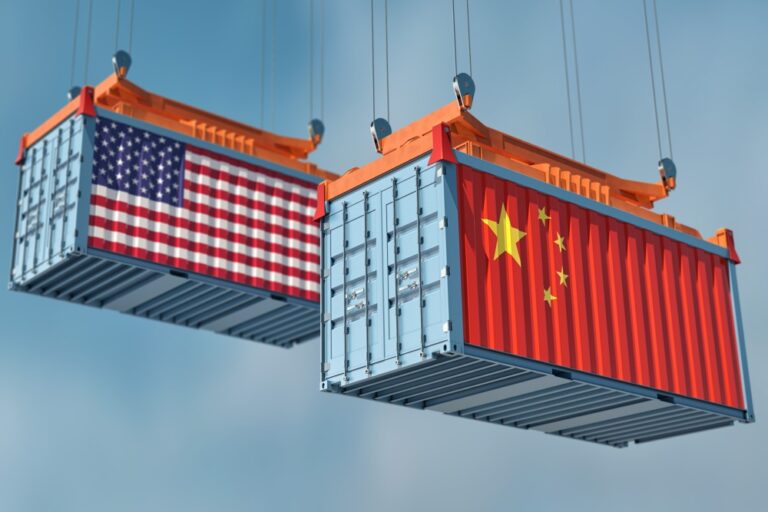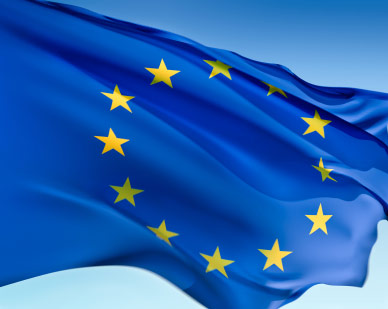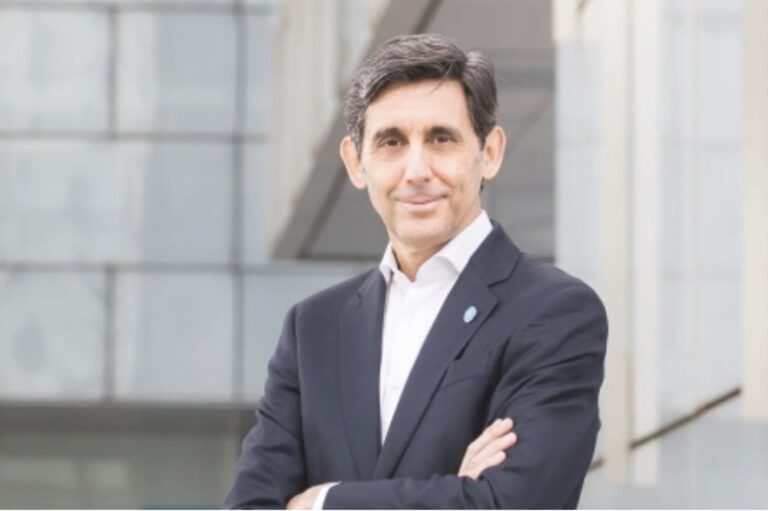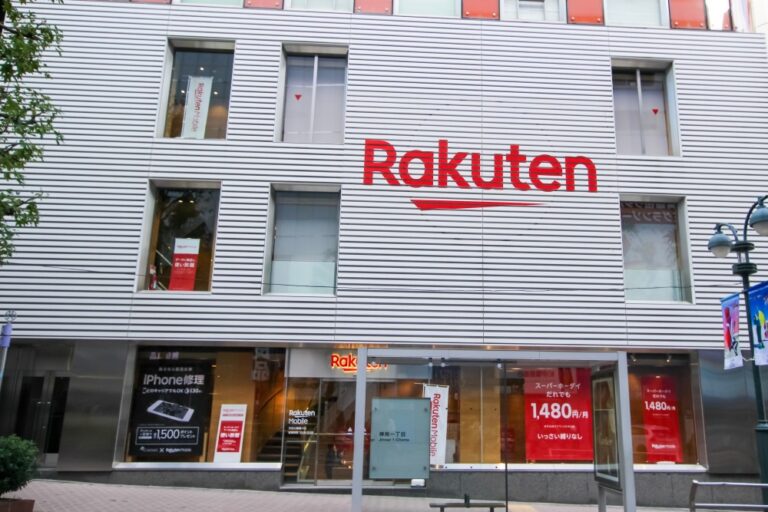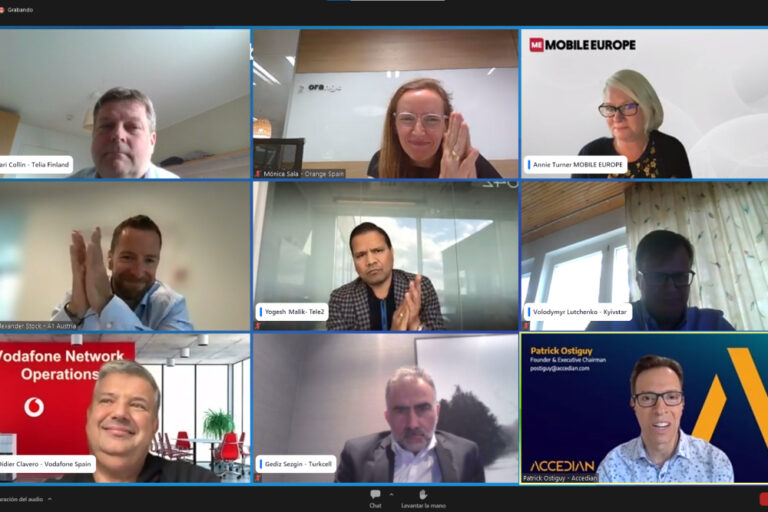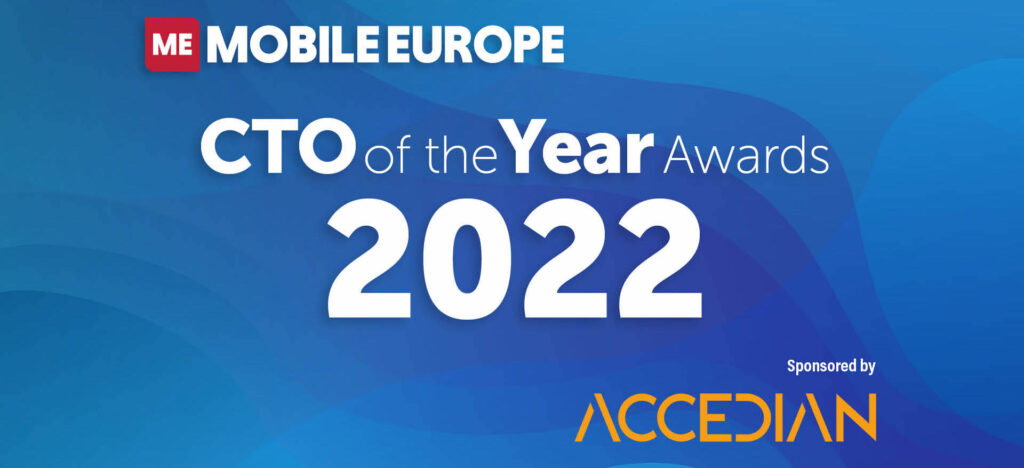Report suggests operator looking to offload its IoT division
A new study from Juniper Research ranked Vodafone Business as the leading IoT roaming vendor in its new report, IoT Roaming Strategies: Key Opportunities, Competitor Leaderboard & Market Forecasts 2022-2027. The report also predicted that the number of roaming IoT connections globally will increase from 300 million in 2022 to 1.8 billion by 2027; representing 500% growth.
This is a long way from the 2010 prediction by the then CEO of Ericsson who reckoned there would be 50 billion IoT devices by 2020.
According to its annual report, Vodafone Business made only €900 million in the last full financial year accounting for 2% service revenues with just over 150 million connected devices. Vodafone also estimates it has 9% market share globally.
IoT unit to be spun off?
Iain Morris of Lightreading noticed in Vodafone Group’s annual report that IoT it being groomed to be spun off as this will “help to accelerate the platform’s growth and attractiveness to both new customers and connectivity partners”. Not to mention raise some badly needed cash – Vodafone has angry investors breathing down its neck, most notably Cevian Capital.
Juniper Research’s report assesses each vendor against a set of key indicators to derive their relative positioning in the matrix. These include a vendor’s capacity and capability, their product positioning, size of their operations, financial performance and the sophistication of their IoT roaming solution.
Tata Communications, was ranked seconf, followed followed by TNS, BICS, Syniverse then iBasis.


